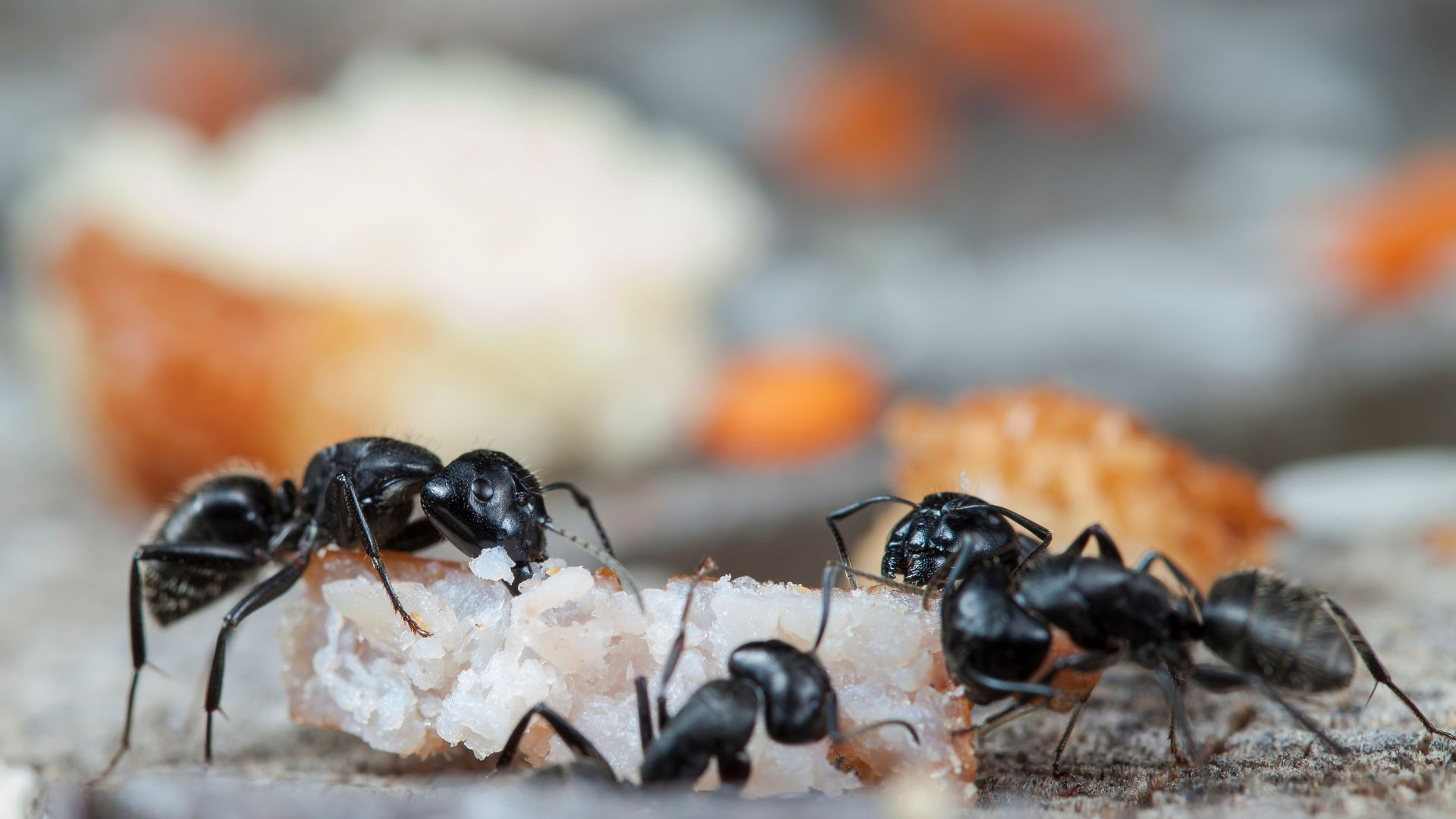Ecological Effect of Insect Control: Harmonizing Performance With Sustainability
The environmental effect of pest control is a vital concern that calls for a fragile balance between attaining efficiency in managing parasites and making sure sustainability of our ecosystems. From the use of dangerous chemicals that permeate into our dirt and water to the unexpected effects on non-target varieties, the effects of standard insect control methods are significant.
Dangerous Chemicals in Bug Control
The use of unsafe chemicals in insect control positions considerable environmental and health risks that require cautious factor to consider and mitigation methods. Herbicides, chemicals, and insecticides are typically utilized to eradicate parasites, yet their prevalent application can cause unplanned consequences. These chemicals can infect dirt, water sources, and the air, affecting not just the targeted pests but additionally beneficial pests, wildlife, and humans.

To address these dangers, integrated insect administration (IPM) techniques are being promoted as a more sustainable option. IPM includes a combination of methods such as organic control, environment manipulation, and the targeted use chemicals as a last option (ant control marvinnc nc). By adopting an alternative strategy to pest control, we can reduce the environmental and wellness effects related to unsafe chemicals while properly handling pest populations
Effect On Non-Target Types
Considering the unintentional consequences of parasite control techniques, the influence on non-target types is an important aspect that requires extensive assessment. While parasite control actions aim to target details bugs, other microorganisms in the ecosystem might be inadvertently impacted. Non-target types, consisting of useful pests, birds, animals, and also plants, can suffer indirect or straight harm from pesticide applications or organic control methods.
Chemicals can have dangerous or sub-lethal effects on non-target types. As an example, insecticides created to combat a specific insect parasite may hurt pollinators like or natural killers such as ladybugs. In addition, chemical residues can build up in the atmosphere, affecting non-target organisms gradually. In a similar way, biological control agents, if not species-specific, can present risks to unintentional targets, interrupting the eco-friendly equilibrium.
To alleviate the influence on non-target types, incorporated parasite management (IPM) approaches that stress an all natural technique to pest control are suggested. These techniques focus on using eco-friendly techniques, decreasing damage to advantageous organisms while effectively taking care of pest populaces. Carrying out extensive danger evaluations and keeping an eye on the results of pest control initiatives are crucial actions in securing non-target types and promoting total community health.
Dirt and Water Contamination
Unintentional environmental consequences of parasite control techniques expand past impacting non-target varieties, with substantial ramifications for dirt and water contamination. Pesticides, herbicides, and chemical fertilizers made use of in insect control can seep right into the dirt and infect groundwater, presenting a risk to both terrestrial and water environments. Soil contamination can interrupt the equilibrium of bacteria important for nutrient cycling and plant development, leading to decreased dirt fertility and efficiency. These chemicals can linger in the environment for prolonged durations, accumulating in the soil and possibly getting in the food chain.
Water contamination is an additional crucial problem associated with pest control techniques. To alleviate soil and water contamination from parasite control tasks, incorporated bug administration techniques that prioritize sustainability and reduce chemical inputs are important.
Air Pollution From Chemical Usage
Direct exposure to airborne chemicals during farming applications postures a considerable concern for air contamination control procedures. In addition, pesticide drift, where pesticides are lugged by the wind to unintended locations, can lead to the contamination of neighboring communities and water bodies.

Methods for Sustainable Insect Control
In the world of farming techniques, executing lasting bug control strategies is extremely important for maintaining eco-friendly equilibrium and guarding plant returns. Lasting insect control highlights using eco pleasant approaches to take care of parasite populaces successfully while minimizing harm to non-target organisms and communities. Integrated Insect Management (IPM) is a widely adopted method that integrates biological, cultural, physical, and chemical control approaches to attain lasting bug administration options.
One trick method in lasting insect control is promoting biodiversity within agroecosystems. By boosting all-natural opponents of parasites, such as predators and parasitoids, farmers can decrease the need for artificial chemicals. Crop rotation and diversity are additionally efficient techniques to interfere with pest life process and create much less favorable problems for bugs to flourish. In addition, utilizing pest-resistant crop selections and utilizing methods like trap chopping can assist decrease pest stress without depending heavily on chemical interventions. Ultimately, by incorporating these sustainable insect control methods, farmers can achieve an equilibrium between pest monitoring efficiency and ecological stewardship.
Final Thought
In conclusion, the environmental influence of bug control approaches should be carefully considered to stabilize performance with sustainability. Damaging chemicals used in parasite control can cause soil and water contamination, air pollution, and injury non-target species - termite control services. It is vital to implement sustainable pest control methods to minimize these unfavorable impacts on the environment and promote a much healthier ecological community for future generations
By adopting an all natural method to pest control, we can lessen the ecological and health and wellness effects linked with harmful chemicals have a peek here while effectively managing pest populations.

To minimize the air pollution created by pesticide use, it is essential to embrace incorporated parasite administration techniques that focus on the use of non-chemical bug control approaches, such as crop rotation, all-natural killers, and resistant plant varieties. Sustainable parasite control emphasizes the use of eco friendly techniques to take care of pest populaces successfully while minimizing damage to non-target microorganisms and communities. Integrated Insect Monitoring (IPM) is a widely adopted method that integrates organic, cultural, physical, and chemical control methods to accomplish long-lasting pest administration remedies.
Comments on “Total Ant Control: Techniques and Services to Defeat Ant Problems”